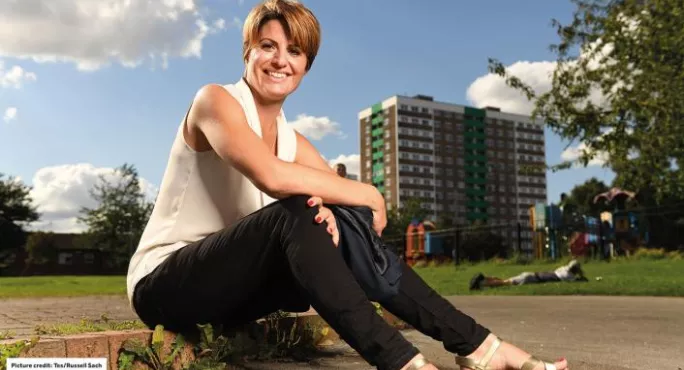Watch: Call to end individual school accountability
Share
Watch: Call to end individual school accountability
The school accountability system should focus on groups of schools rather than individual institutions, a Labour teacher-turned-MP has said.
Emma Hardy, who sits on the Commons Education Select Committee, said the current regime forces schools to compete against each other.
Speaking in a Facebook Live interview with Tes at Labour’s annual conference in Liverpool, she said the system led to perverse behaviours, such as the off-rolling of children.
The Hull West and Hessle MP instead favours a system of regional school accountability.
She said: “Rather than in a competitive system, which we have now, where you are less likely to reach out to [other schools] because you are in competition with them, if you had an area-based accountability [system] you are more likely to reach out to them and look at ways to support each other.”
She also said: “Rather than saying a school will be punished in terms of having lower results if they cater more to children with SEND, if you look at regional accountability and a family of schools being accountable, then you are more likely to encourage looking at what is best for the child and placing them in the best place, and you are not going to be detrimentally affected in terms of results.”
An earlier fringe meeting heard concerns that holding schools to account on a regional rather than individual basis would let poorly performing schools avoid scrutiny.
In response to such fears, Ms Hardy said: “This idea that teachers will get away with not doing much if they can, and so will headteachers by hiding behind other people who are better – I don’t buy it at all.”
She was speaking on the day that Labour announced it would stop the creation of any more academies and free schools, but did not commit itself to getting rid of academy status or putting academies under local authorities.
Ms Hardy told Tes she would like Labour to explore to possibility of gradually bringing academies back into the maintained system by using the notice periods in their funding agreements with the Department for Education.
She said: “What we are saying with the railways is that when the private contracts are up, we bring them back into national control, which is a cost-free way of operating it.
“It would be really interesting to explore the idea of when academies’ contracts are up after seven years – could we look at a way of bringing them back into local authority control?
“If we did, that would be quite a sensible way because we have got to look at some local authorities [that] have no capacity, no support and no structure. So looking at a longer-term programme of gradually bringing schools back in would enable that structure to be rebuilt and recreated rather than saying ‘day one, bang’, when there isn’t the infrastructure there."




